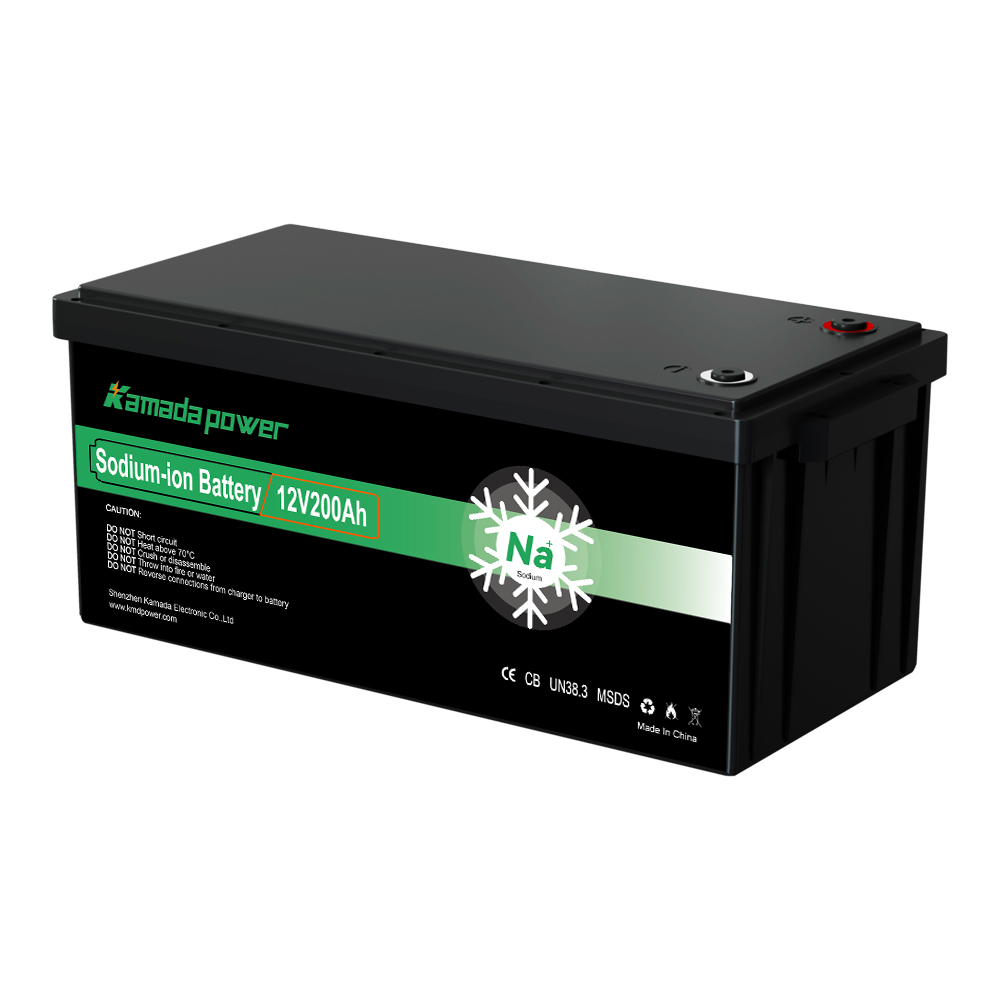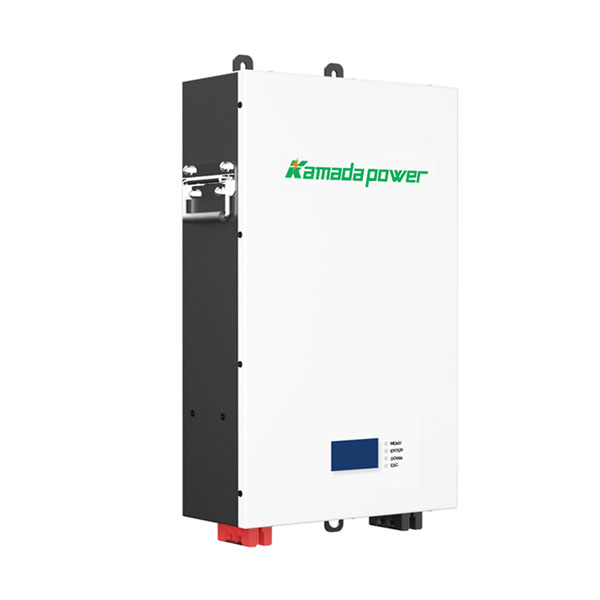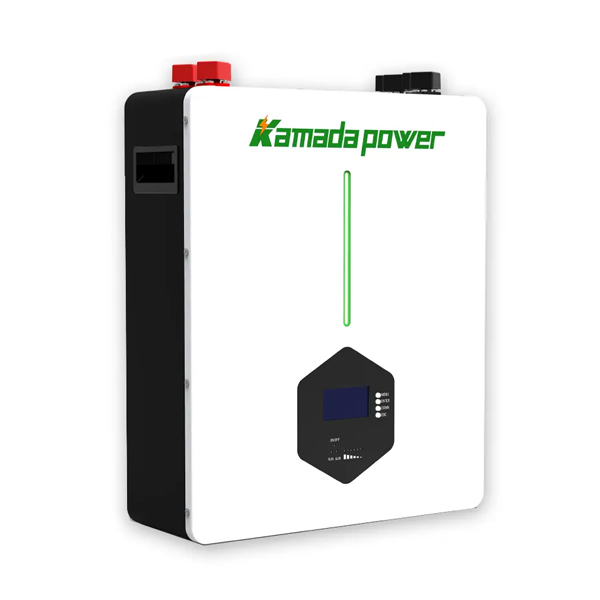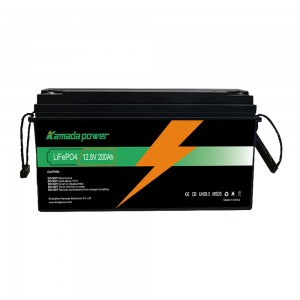1. Decoding the World of RV Names
For those new to RVing or looking to upgrade their RV, the world of RV terminology can be overwhelming. You might have heard terms like “motorhome,” “camper,” “caravan,” or “fifth-wheel,” and wondered—what exactly do they mean? Are they all the same? What’s the difference? You’re not alone! This article is here to clarify those questions and help you navigate the often confusing but exciting world of RVs.
What Is an RV?
First, let’s start with the basics. RV stands for Recreational Vehicle, which refers to a motorized or towable vehicle designed for recreational purposes, such as camping, long road trips, and even full-time living. In the United States, RVs are an umbrella term that encompasses a wide variety of vehicle types. This includes both motorized vehicles (those you drive) and towable units (those you pull behind a separate vehicle).
Whether you’re planning a weekend getaway or a year-long road trip, understanding the different names and types of RVs will help you make an informed choice.
Goal: This guide will break down the different names, types, and terminology used for RVs, helping you understand what they mean and how to pick the best one for your needs. By the end, you’ll be able to confidently talk about RVs like a pro and choose the right one for your adventures.
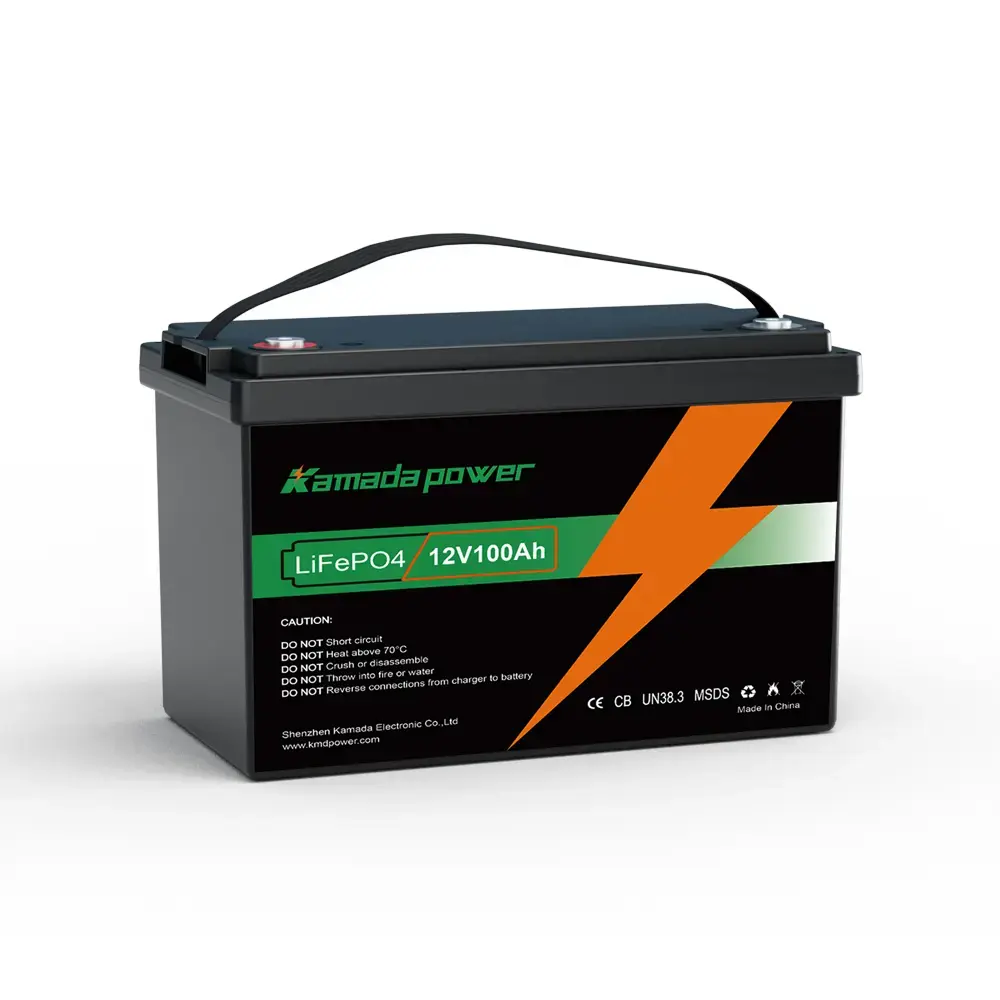
2. The Big Split: Motorized vs. Towable RVs
Before diving into the different types of RVs, it’s important to understand the primary distinction: motorized RVs vs. towable RVs. This is the foundational classification of RVs and will affect your driving experience, lifestyle, and what kind of vehicle you need to tow or drive.
Motorized RVs
These RVs have their own engine, so you drive them just like a car or truck. They’re fully self-contained, meaning they have everything you need for living on the road, including kitchenettes, bathrooms, sleeping areas, and more.
Pros:
- No need for an additional vehicle to tow.
- Easier to maneuver (though larger models can be challenging to park).
- Can drive long distances without stopping for setup.
Cons:
- Higher fuel consumption due to size and weight.
- Typically more expensive.
Towable RVs
These RVs don’t have their own engine, which means you need a separate vehicle to tow them. They are hitched to the back of a truck, SUV, or other vehicle, and you can unhitch them when you arrive at your destination.
Pros:
- Generally cheaper than motorized RVs.
- Easier to store when not in use.
- Greater variety of sizes and types to choose from.
Cons:
- Requires an additional vehicle to tow.
- More setup time when you arrive at a campsite.
3. Meet the Motorized RV Family: Driving Your Home
Motorized RVs come in three main classes, each designed for different kinds of travelers. Let’s break down the most popular types of motorized RVs.
Class A Motorhome (The Bus Style)
- Common Names: Motorhome, Coach, Motorcoach
- Description: Class A motorhomes are the largest and most luxurious of the motorized RVs. Built on a bus chassis, these RVs are often seen on highways as long-distance travel vehicles. They have a flat front and can be up to 45 feet long.
- Typical Use: Full-time RV living, luxury travel, long-term trips, family vacations.
Specifications:
| Feature | Class A Motorhome |
|---|---|
| Length | 30-45 feet |
| Sleeping Capacity | 4-8 people |
| Towing Capacity | High (can tow cars or boats) |
| Luxury Features | High-end kitchen, bathroom, entertainment systems, large living area |
Class C Motorhome (The Cab-Over)
- Common Names: Motorhome, Mini-Motorhome
- Description: Class C motorhomes are smaller than Class A and are built on a cutaway chassis, typically from a truck or van. They are most recognizable by the over-the-cab sleeping area.
- Typical Use: Family vacations, rental RVs, budget-friendly RVing.
Specifications:
| Feature | Class C Motorhome |
|---|---|
| Length | 20-30 feet |
| Sleeping Capacity | 4-6 people |
| Towing Capacity | Moderate |
| Best For | Smaller families, rentals, first-time RVers |
Class B Motorhome (The Camper Van)
- Common Names: Camper Van, Van Conversion, Class B Van
- Description: Class B motorhomes are built within a standard van shell. These are the most compact and fuel-efficient option, perfect for solo travelers or couples.
- Typical Use: Solo travel, weekend getaways, stealth camping.
Specifications:
| Feature | Class B Motorhome |
|---|---|
| Length | 16-24 feet |
| Sleeping Capacity | 2-4 people |
| Towing Capacity | Low to none |
| Best For | Couples, solo travelers, those seeking flexibility |
4. Exploring Towable RVs: Hitch Up and Go!
Now that we’ve covered motorized RVs, let’s dive into towable RVs, which come in a variety of types. Whether you’re looking for something lightweight or need a massive trailer for full-time living, there’s a towable RV for every need.
Travel Trailer (The Classic Towable)
- Common Names: Camper, Bumper Pull, Trailer (Note: “Caravan” is used internationally for a Travel Trailer)
- Description: Travel trailers are the most common type of towable RV. They come in a variety of sizes and styles and are hitched to the back of a towing vehicle.
- Typical Use: Weekend trips, family camping, long stays.
Specifications:
| Feature | Travel Trailer |
|---|---|
| Length | 12-35 feet |
| Sleeping Capacity | 2-6 people |
| Towing Capacity | Low to high (depends on trailer size) |
| Best For | Family camping, weekend trips, cross-country travel |
Fifth-Wheel Trailer (The Big Rig Towable)
- Common Names: Fifth Wheel, 5th Wheel, Fiver
- Description: The fifth-wheel trailer connects to a specialized hitch in the bed of a pickup truck. These are typically larger and provide more living space than other trailers.
- Typical Use: Full-time living, extended stays, traveling with a larger towing vehicle.
Specifications:
| Feature | Fifth-Wheel Trailer |
|---|---|
| Length | 20-40 feet |
| Sleeping Capacity | 4-8 people |
| Towing Capacity | Requires a heavy-duty truck |
| Best For | Full-time RV living, long stays, larger families |
Toy Hauler (The Garage on Wheels)
- Common Names: Toy Hauler (can be Travel Trailer or Fifth-Wheel style)
- Description: Toy haulers combine a living space with a rear garage that’s used to transport ATVs, motorcycles, or other toys.
- Typical Use: Motorsports enthusiasts, outdoor adventurers.
Specifications:
| Feature | Toy Hauler |
|---|---|
| Length | 20-45 feet |
| Sleeping Capacity | 4-8 people |
| Garage Space | 6-12 feet for toys |
| Best For | Adventure seekers, motorsports enthusiasts |
Pop-Up Camper (The Folding Trailer)
- Common Names: Pop-Up, Tent Trailer, Folding Camper
- Description: Pop-up campers are lightweight and have folding sides, often made of canvas. They are easy to tow and store.
- Typical Use: Budget camping, families, first-time RVers.
Specifications:
| Feature | Pop-Up Camper |
|---|---|
| Length | 10-18 feet |
| Sleeping Capacity | 2-6 people |
| Towing Capacity | Very low |
| Best For | Budget travelers, occasional campers |
Truck Camper (The Slide-In)
- Common Names: Truck Camper, Slide-In
- Description: A truck camper is a small camper that fits into the bed of a pickup truck, making it perfect for off-road adventures.
- Typical Use: Fishing, hunting, accessing remote areas.
Specifications:
| Feature | Truck Camper |
|---|---|
| Length | 8-12 feet |
| Sleeping Capacity | 2-4 people |
| Towing Capacity | N/A (doesn’t tow) |
| Best For | Off-road travel, fishing, hunting |
5. Crossing Borders: Understanding Regional RV Lingo
While RV terminology can differ greatly across regions, it’s important to
recognize the international differences. For example, the term caravan is commonly used in the UK, Australia, and New Zealand to refer to what Americans would call a travel trailer. Similarly, campervan is often used overseas to describe a vehicle similar to a Class B motorhome in the U.S.
Understanding these variations can help when communicating with international travelers or when researching RVs abroad.
6. Bonus Tip: When Brand Names Become RV Names (Brand Genericide)
Some iconic RV brands, like Winnebago, Airstream, or Jayco, have become synonymous with RVs themselves. Many people say “I’m renting a Winnebago” when referring to any Class C motorhome, or “Let’s get an Airstream” when talking about travel trailers, regardless of the brand.
This phenomenon is called genericide—where a brand name becomes so popular that it’s used as the general term for a category of products. This can be confusing for newcomers but is a part of RV culture.
7. Why Does Knowing the Right RV Terminology Matter?
Smarter Shopping
Knowing the right terms can help narrow down your search. Whether you’re buying or renting, understanding the lingo lets you compare models based on their features, benefits, and specifications.
Clear Communication
Correct terminology ensures smoother communication with RV dealers, service centers, and fellow RVers. It helps you avoid confusion over what exactly you’re looking for.
Setting Expectations
When you know the type of RV you’re talking about, you can set expectations for size, amenities, towing requirements, and lifestyle fit.
Finding Resources
Using the right terminology helps you access relevant resources, whether it’s finding reviews online, checking forums for advice, or shopping for parts and accessories.
8. Quick Reference: RV Names & Types Cheat Sheet
| Common Name(s) | Type | Key Feature |
|---|---|---|
| Motorhome | Motorized | Self-propelled, luxury |
| Travel Trailer | Towable | Hitched to a vehicle |
| Fifth Wheel | Towable | Requires a truck bed hitch |
| Pop-Up Camper | Towable | Collapsible, lightweight |
| Class B Motorhome | Motorized | Small, van conversion |
9. Choosing the Right LiFePO4 Battery Setup for Different RV Types
1. Class A Motorhome (The Bus-Style Motorhome)
- Recommended Battery Configuration: 24V or 48V, 200Ah-400Ah LiFePO4 battery.
- Explanation: Class A motorhomes are large with high power demands, typically requiring larger battery capacities to support appliances like air conditioning, kitchen appliances, etc. The needed voltage and battery capacity can be achieved through parallel or series configurations.
2. Class C Motorhome (The Cab-Over Motorhome)
- Recommended Battery Configuration: 24V, 100Ah-200Ah LiFePO4 battery.
- Explanation: Class C motorhomes are smaller but still have multiple amenities. A 24V, 100Ah-200Ah setup offers a good balance between space and power needs for most families or occasional travelers.
3. Class B Motorhome (The Camper Van)
- Recommended Battery Configuration: 12V 100Ah Lifepo4 Battery,12v 200Ah LiFePO4 battery.
- Explanation: Class B motorhomes (camper vans) are compact with fewer appliances, making a 12V battery system sufficient to power basic needs like lighting and a small fridge.
4. Travel Trailer (The Classic Towable)
- Recommended Battery Configuration: 12V 100Ah Lifepo4 Battery,12v 200Ah LiFePO4 battery.
- Explanation: Travel trailers vary in size, but a single 12V, 100Ah or 200Ah battery will often suffice for basic camping needs like lights, a small fridge, and fans.
5. Fifth-Wheel Trailer (The Big Rig Towable)
- Recommended Battery Configuration: 24V, 200Ah-400Ah LiFePO4 battery.
- Explanation: Fifth-wheel trailers are larger with more amenities, requiring higher capacity batteries to support multiple air conditioners, large kitchens, and entertainment systems.
6. Toy Hauler (The Garage-on-Wheels)
- Recommended Battery Configuration: 24V, 200Ah-400Ah LiFePO4 battery.
- Explanation: Toy haulers have both living and garage spaces, requiring larger battery capacities to power both areas and handle the load of heavy equipment (e.g., motorcycles, ATVs).
7. Pop-Up Camper (The Folding Trailer)
- Recommended Battery Configuration: 12V 100Ah LiFePO4 battery.
- Explanation: Pop-up campers are lightweight with minimal electrical needs. A single 12V, 100Ah LiFePO4 battery is sufficient for basic needs like lighting, small appliances, and charging devices.
8. Truck Camper (The Slide-In)
- Recommended Battery Configuration: 12V 100Ah Lifeppo4 Battery,12v 200Ah LiFePO4 battery.
- Explanation: Truck campers are compact and often used for off-road travel, needing a compact yet powerful battery system. A 12V, 100Ah-200Ah battery should suffice for basic needs.
FAQ
Is a camper the same as an RV?
Answer: No, a camper and an RV are not exactly the same. The term “RV” (Recreational Vehicle) is an umbrella term that encompasses all motorized and towable vehicles designed for recreational use, including motorhomes, travel trailers, and fifth-wheel trailers. The term “camper” typically refers to a towable RV (such as a travel trailer or pop-up camper) that requires a separate vehicle to tow it. However, “camper” is sometimes informally used to describe any RV, including motorhomes.
What’s the difference between a motorhome and a camper van?
Answer: The main difference between a motorhome and a camper van is size and functionality. A motorhome (Class A or C) is a large, self-contained RV with amenities like full kitchens, bathrooms, and sleeping areas. It has its own engine and can be driven without a separate vehicle. On the other hand, a camper van (Class B) is a compact, van-sized motorhome that is ideal for solo travelers or couples. While it has some basic living amenities (sleeping area, small kitchen), it is more limited in space and features compared to a motorhome.
What is a caravan called in the USA?
Answer: In the United States, a caravan is commonly referred to as a travel trailer. A travel trailer is a towable RV that you hitch to a vehicle (like a truck or SUV). These trailers come in various sizes and can range from compact models to large, luxury units. The term “caravan” is primarily used in the UK and other countries, while “travel trailer” is the preferred term in the U.S.
Is a fifth-wheel considered an RV?
Answer: Yes, a fifth-wheel is indeed a type of towable RV. Fifth-wheel trailers are large, luxury travel trailers that are designed to be towed by a pickup truck with a special hitch located in the truck bed. This design allows for more living space and greater stability when towing, making them ideal for full-time living or long-term travel.
What’s the easiest type of RV to start with?
Answer: For first-time RVers, the Class C motorhome or small travel trailers are often the best options. A Class C motorhome is easy to drive, with a more compact size than larger Class A motorhomes, while still offering ample living space. Small travel trailers are lightweight and easy to tow, making them a good choice for those who already have a suitable towing vehicle. Both options offer a good balance of convenience, comfort, and ease of use for beginners.
Conclusion
understanding RV terminology is key to making informed decisions when purchasing or renting an RV. Knowing whether you’re dealing with a Class A motorhome, a fifth-wheel trailer, or a camper van can save time, money, and confusion.
By mastering the RV lingo, you’re not just getting a better handle on RVs—you’re immersing yourself in a community of road-trippers, adventure-seekers, and full-time travelers. Now, get out there, explore the world, and enjoy your RV adventures with confidence!
kamada power rv battery manufacturers in china. 15 years experience in customized rv batteries. Contact us get a quote


